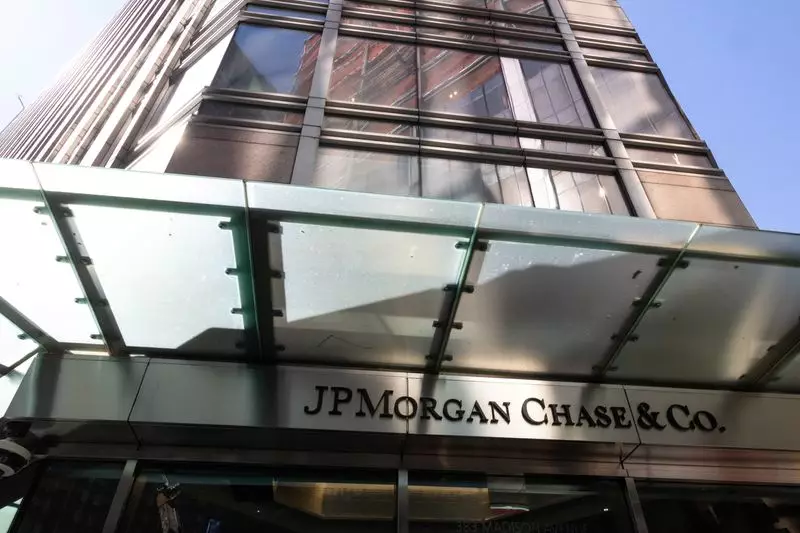In the aftermath of the COVID-19 pandemic, many businesses are grappling with how to establish a balanced work culture that caters to both company goals and employee well-being. On March 1, 2024, JPMorgan Chase laid down the law by mandating that employees on hybrid work schedules return to the office five days a week. This decision, communicated through an internal memo, has not only stirred controversy within one of America’s largest financial institutions but also reignited a broader conversation about work-life balance in a post-pandemic world.
The shift to remote work during the pandemic led many organizations to rethink traditional office norms. Although JPMorgan, like many other corporations, initially embraced hybrid work arrangements in response to the virus, the company seems to have pivoted once more, citing the importance of in-person interactions for learning, innovation, and building a cohesive corporate culture. As CEO Jamie Dimon and other executives articulated the rationale behind their decision, they referenced a belief that “being together greatly enhances mentoring, learning, brainstorming, and getting things done.”
The response to the memo was immediate and intense; employees leveraged the company’s intranet site to voice their concerns, leading to an influx of comments that forced the management to lock the page. Staffers expressed frustration regarding not just the increased commuting costs, but also childcare expenses and mental health implications of the forced return to full-time office work. This apparent discontent reveals the disconnect between executive perspectives on productivity and the realities faced by employees who are navigating the challenges of modern life.
Responses varied across the spectrum, with employees highlighting how remote work options offered them increased flexibility—especially critical for those with families. For many, the hybrid model represented a balancing act, allowing them to effectively fulfill both personal and professional responsibilities. The tension between management’s desire for proximity and staff’s gratitude for flexibility creates a complex scenario that companies must skilfully navigate moving forward.
Executives at JPMorgan insist that the mandate aligns with long-term company objectives, emphasizing that over half of the bank’s workforce has already returned to the office full-time. The internal memo reinforced this commitment by stating, “Now is the right time to solidify our full-time in-office approach.”
However, the message that “flexibility in the workplace” is still a priority raises questions. How can the bank claim to support flexibility while enforcing a rigid office mandate? Employees seeking to work remotely will still need to provide justifications to their managers, which can add another layer of stress in an already adjusted workplace environment. This could fortify a sense of insecurity or discontent among those who feel their needs are being overshadowed.
A Larger Industry Trend
JPMorgan’s directive mirrors trends across the financial services sector, where many firms have taken a staunch stance on in-person work. The push from leadership at firms like Goldman Sachs and Morgan Stanley reflects a collective belief in the benefits of unencumbered collaboration. However, the landscape is rife with contrasting opinions, as some companies adopt more lenient approaches, allowing staff to continue remote work options indefinitely.
The question arises: will JPMorgan’s aggressive return-to-office stance become a liability in attracting and retaining top talent? In an age where job seekers increasingly prioritize workplace flexibility, a rigid approach may alienate the very workforce that is essential for the company’s success.
The Path Forward
As JPMorgan Chase navigates this tumultuous transition, it must weigh the benefits of in-person collaboration against employee sentiment. Listening to staff feedback, conducting surveys, and potentially revising its rigid approach could prove indispensable in fostering a healthy workplace culture where employees feel valued and understood.
While the financial sector may champion the open office as a beacon of innovation and camaraderie, the reality of today’s workforce requires a more nuanced understanding of employee needs. The ongoing conversations sparked by JPMorgan’s announcement serve as a reminder of the importance of maintaining dialogue between management and staff, essential for adapting to an evolving work environment. Only time will tell how this directive shapes the company culture at JPMorgan and the broader financial industry.

